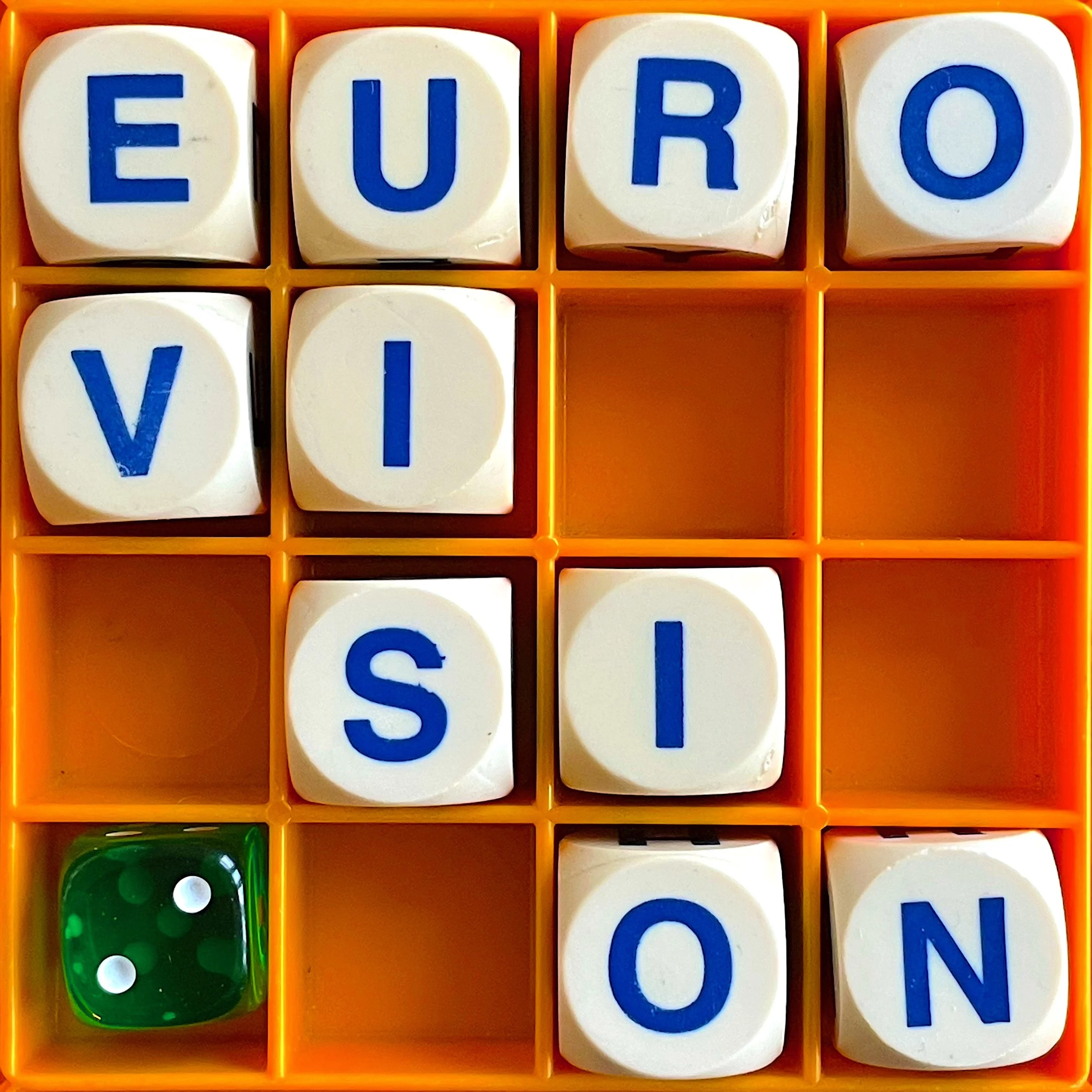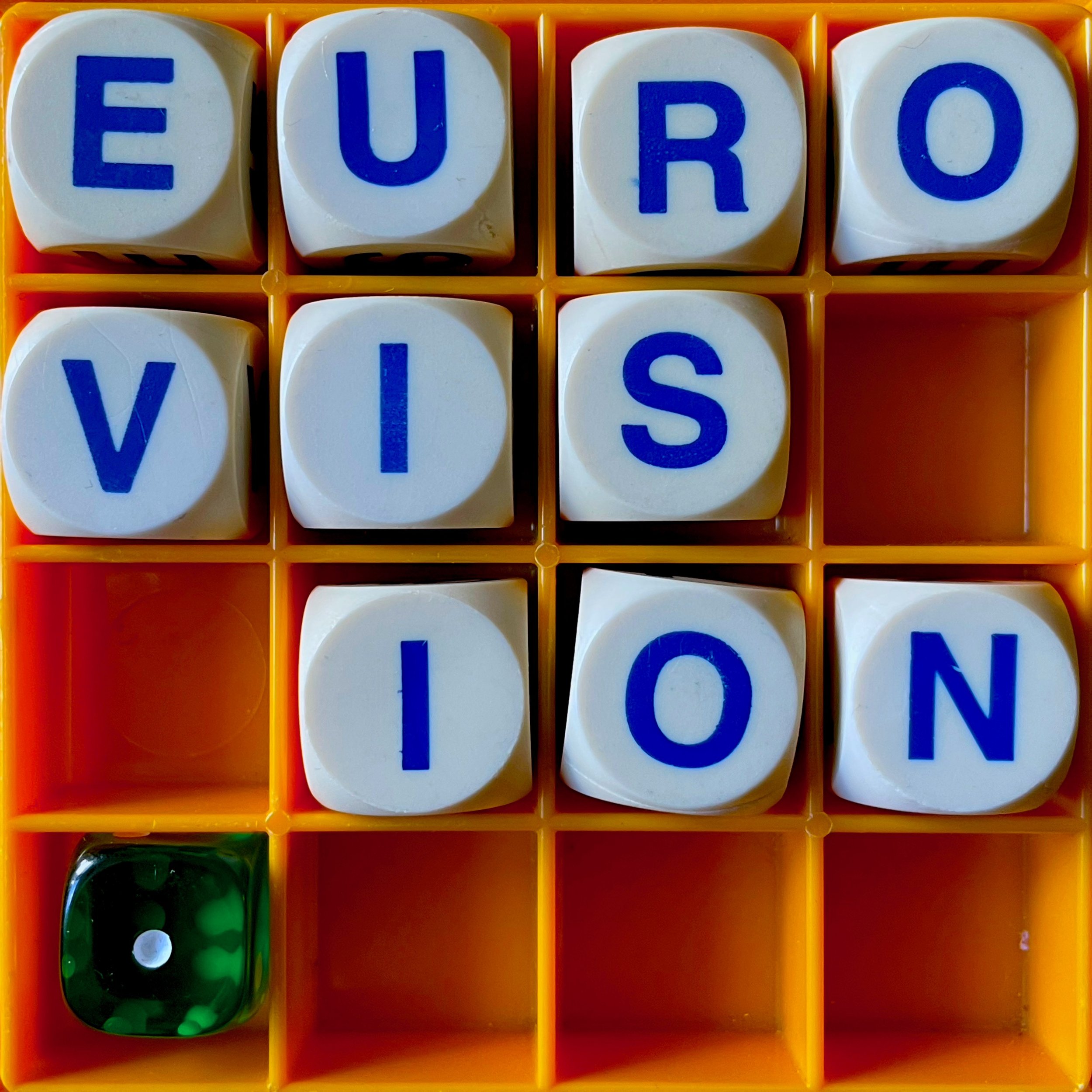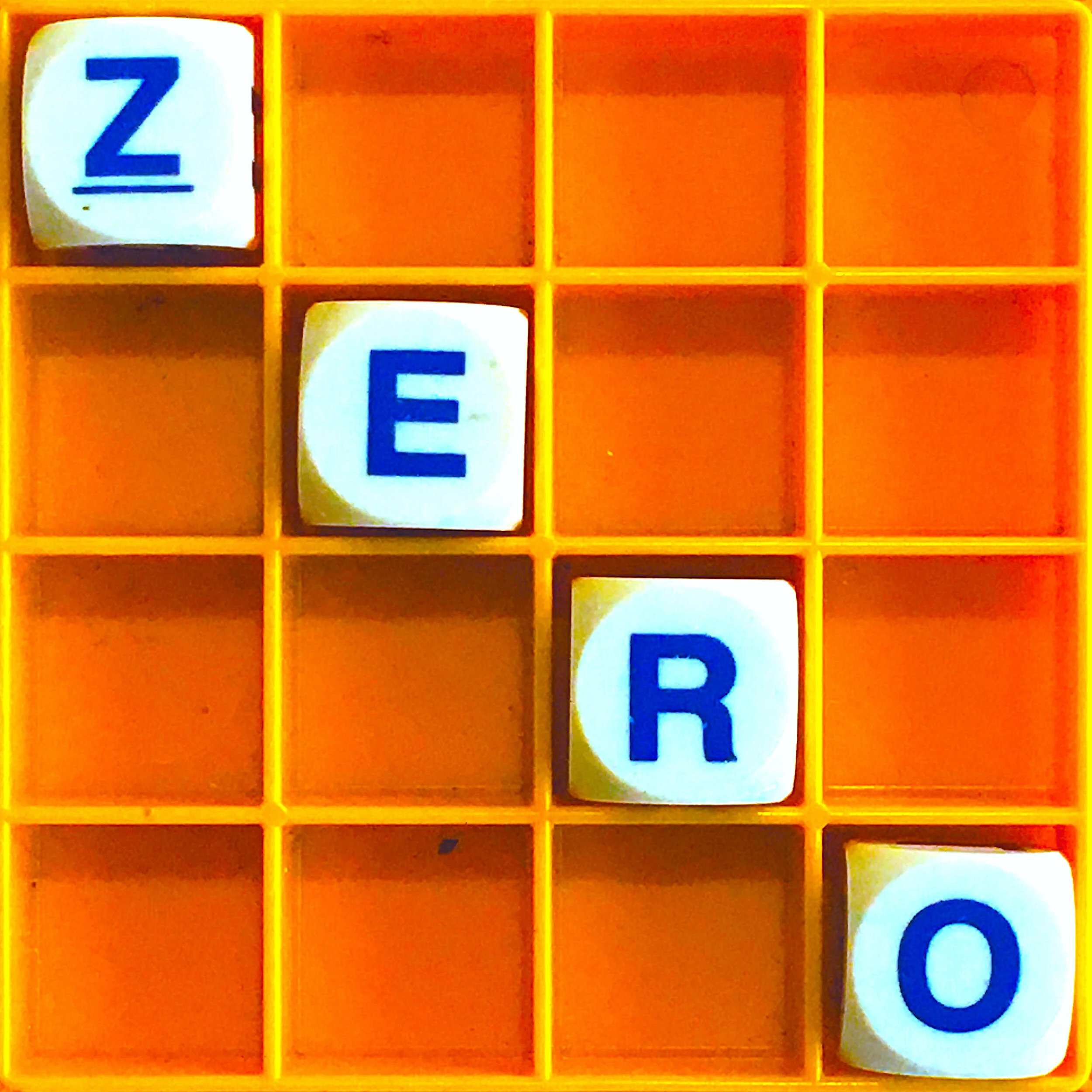DEAN VULETIC: There are lots of economic, cultural and political factors that can decide which language will be most represented in a country's entries, even when it has various national languages.
HZ: Azerbaijan: the only country never to have entered in its national language.
DEAN VULETIC: Correct.
HZ: Could be this year.
DEAN VULETIC: Errrr, I doubt it, because the Azerbaijani government has been very ambitious in Azerbaijan’s Eurovision entries, in using them as a tool of soft power and cultural diplomacy. It has spent a lot of money in getting well-known songwriters and composers from across Europe to produce pop hits that could really win Eurovision. And of course, this means hits in English. And once Azerbaijan did win Eurovision in 2011 and went on to host the most expensive Eurovision ever in Baku. So Eurovision is also popular among dictators as a tool of cultural diplomacy - or as a tool for whitewashing their human rights and democratic records.
Allusionist 174 Eurovision part 1 transcript
The Eurovision Song Contest has given us the international renown of Celine Dion, Måneskin, Dana International, Conchita Wurst and Riverdance; tear-off skirts, nul points, shiny shiny costumes, a band of babushke dancing around an onstage bread oven; not to mention fraught politics, within and between nations. And most importantly for our purposes: linguistic intrigue! So much linguistic intrigue.
Read moreAllusionist 142 Zero transcript
HZ: Zero, out of all the numbers and mathematical symbols, seems unique in being a combination of typographical marker and philosophical vortex. What makes it so special?
KYNE: It's a really interesting number because it's one of the newer numbers really. And there was lots of debate about whether it should count - no pun intended - as a number at all. What is a number in the first place? Can you give a definition without using the word number, like even a synonym, like quantity or amount?
HZ: Damn you, I was going to go 'quantity'!
KYNE: Right? I was like thinking about this earlier, so I wrote down my best definition. This is my best try: "A number is an abstract mathematical object used to describe things." So I know that definition uses the word 'mathematical', which I mean, in fairness is another tricky word to wrangle a definition out of. It's pretty clunky, I know, but...
HZ: You set that rule. You made it difficult you for yourself.
KYNE: I really encourage whoever's listening, try to ask yourself: how do you define a number?
Allusionist 141 Food Quiz transcript
HRISHIKESH HIRWAY: Did you know that, Samin, that my nickname for Helen is 'Pizza’?
SAMIN NOSRAT: What? Because of all the Z's?
HRISHIKESH HIRWAY: Because I once told Helen about this atrocious pamphlet that I read at the train station when I was in college. It was for some kind of like - I think it was called student advantage. Do you remember the student advantage card? There was a pamphlet for student advantage card, and they were trying to say like how useful it could be. And they're like, "Everybody knows students need a few extra bucks, whether it's to do laundry, buy some books, or just grab a slice of 'za!" And I had never heard that before, 'za, apostrophe Z A, and I was looking and I was like, "Are they trying to say pizza? They're abbreviating pizza? This is how cool kids say pizza. What is this?" And I felt so offended that they were trying to market, at me, a student, using this kind of language. And I told Helen about this, and then immediately after that she was doing a Reddit AMA and, and I think I went in there and I asked her if she was really hiding the fact that Helen Zaltzman was short for Helen Pizzaltzman.
HZ: Yes, my family shortened it when they moved to an Anglophone country.
HRISHIKESH HIRWAY: Yeah, so now I just call her 'Pizza' for short. Naturally.
HZ: I just think an abbreviation where you understand less what the thing was is not a good one. I suppose you are saving a whole syllable which is half of the effort.
HRISHIKESH HIRWAY: Plus you sound SO cool and SO with it, calling it just 'za.
HZ: And you must be very busy person not to be able to do the full 'pizza'.
HRISHIKESH HIRWAY: You're a student, you've got skateboarding to do.
Allusionist 135 SOS transcript
PAUL TYREMAN: Three dots, three dashes, three dots. It's fairly easy to remember, it's easy to key, and it's difficult to confuse with other things.
CHRISTIAN OSTERSEHLTE: Maritime communication, especially in distress case, has to be distinctive, clear, and not subject to misunderstanding.
HZ: The main misunderstanding with SOS is that it stands for ‘Save Our Souls’ or ‘Save Our Ship’ or ‘Send Out Succour’. As if when your ship was sinking, your emergency message would be ‘send out succour’, cmon.
PAUL TYREMAN: It wasn't introduced because it meant anything.
Read moreAllusionist 121 No Title transcript
About to go onstage to perform No Title for the first time, at SF Sketchfest 2019 at the Brava Theatre in San Francisco. Photo by Martin Austwick.
The bank clerk scrolls down and down this list of titles and honorifics, this enormous list of different ways to present ourselves, and I just want an option that doesn’t reflect my marital status, because why did all the available male titles not reflect marital status whereas female ones did? And come to think of it, why do titles reflect gender anyway? Why does anything reflect gender? What is the point of gender?
I was asking a question I am not intelligent enough to answer. And I wasn’t expecting this moment, in the bank, on a seemingly trivial and pointless mission, to be my introduction to gender studies and queer theory, but you don’t necessarily get to choose the learning moments of your life.
And in case you’re sitting there thinking, “Well. If if it’s SO important to you to have a title that does not reflect your marital status or your gender, why don’t you just become a rabbi?” Well, my family lapsed HARD. None of us is becoming a rabbi. We’d never make it. They can see the bacon in our eyes.
Read moreAllusionist 42+43. Survival: The Key rerun - transcript
I’ve been working on this mini series of episodes about minority languages and the threats they face and how they survive. Last episode, Welsh speakers took the drastic step of migrating to Argentina. But in researching it all, I keep referring back to a pair of Allusionists from a while ago: The Key. Part one, Rosetta, was about how a language survives in a physical form when its humans die, featuring the smash hit archaeological object the Rosetta Stone, and its namesake the Rosetta Disk, the linguistic key to the future. Part two is about how to decipher a dead language and why it might have died.
Read more






